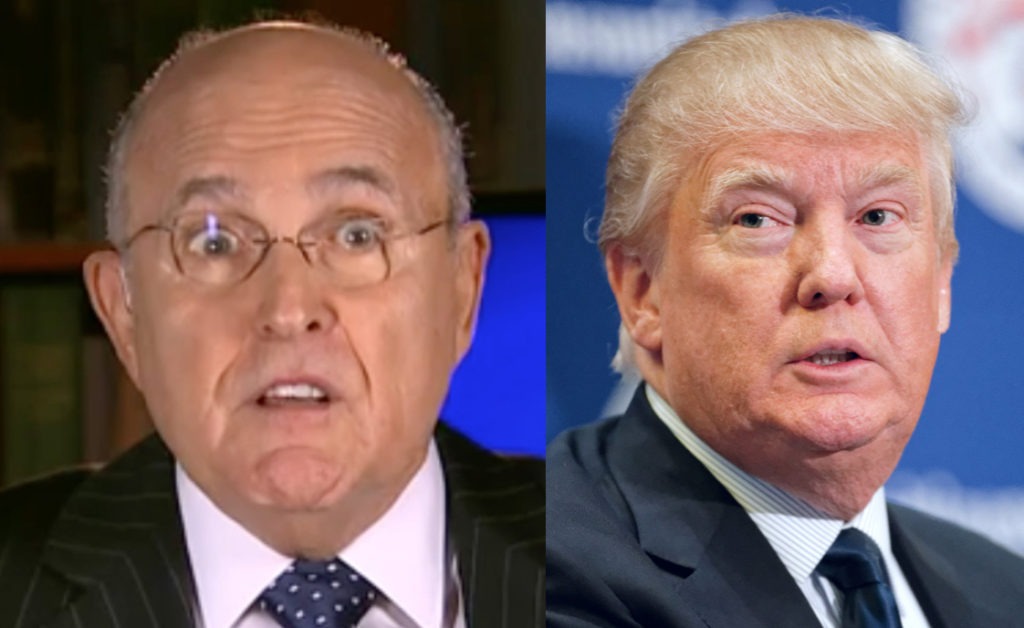Nice try, Rudy Giuliani, you lose!

“President” Donald Trump, via his personal lawyer, Rudy Giuliani, is suggesting that when the Robert Mueller report comes out, Trump might assert executive privilege. While Trump and Giuliani can say and try anything, the law is a different animal. The Supreme Court of the United States has established doctrine that executive privilege is qualified, not absolute.
The phrase or idea of executive privilege appears nowhere in the United States Constitution. In United States v. Nixon, the Supreme Court stated that claims of executive privilege are strongest when oversight of the executive impairs the executive branch’s national security concerns. The last two presidents who asserted executive privilege, Richard Nixon and Bill Clinton, lost when they were challenged in court. Executive privilege does not extend to any action by the president or his administration. Rather, it is limited to those areas where we would expect a president to have a need for executive privilege: attorney-client communications (although with Giuliani and others leaking and outright disclosing many things, this can be involuntarily waived), state secrets and presidential communications.
What is the report likely to contain? We don’t know for sure, because Mueller has been tight lipped. But we do know what indictments and pleas have been entered and what is contained in the various court submissions. We do know the grand jury was extended for up to six months. Any report contents that address the Russian communications and interference would be hard pressed to fall under any credible executive privilege claims, as none of the categories developed over history covers that. In addition, those actions that were conducted before the presidency, and those actions that alleged obstruction, also likely would be afforded no actual protections.
In addition, in January, when the legal team submitted its memorandum to Mueller regarding the investigation and certain views on scopes, it included the following language: “In an effort to provide complete transparency, the president waived the obviously applicable privileges where appropriate in order to allow both the Congress and the Special Counsel to see all relevant documents.”
When faced with disputes over executive privilege, like in many areas of dispute, the courts weigh or balance the interests. Here the interests to balance are the executive’s need for conducting the nation’s business while enjoying confidentiality against the strong public interest here in uncovering potentially illegal conduct by our leaders and i the interest of transparency. We will surely see this fight play out in 2019.

Daniel is a lawyer writing and teaching about SCOTUS, and is the author of the book “The Chief Justices” about the SCOTUS as seen through the center seat.
